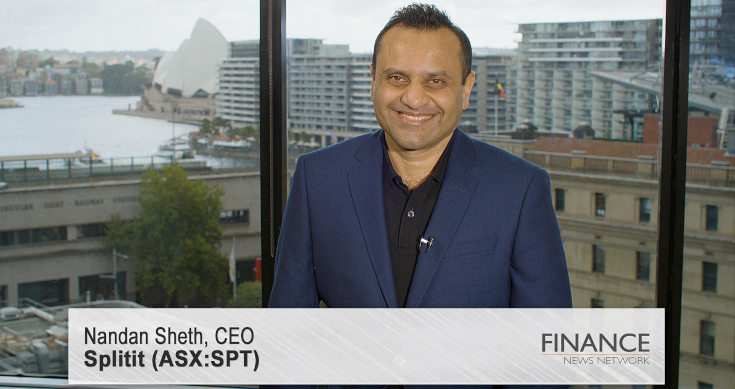What did Westpac miss when it gave Tyro Payments a close look last year before abandoning plans to launch a bid?
And did the Tyro board also do the right thing in rejecting bids of $1.27 and $1.60 a share from a private equity group at the same time?
Those questions came to mind on Monday after Tyro upgraded its FY23 earnings guidance, which saw the shares leap 11% at one stage before settling back to finish with a near 7% gain to $1.46.
The unstated driver of the improvement was the contactless retail spending surge that has seen tap and go cards overtake cash. The payment systems – through cards or mobile phones (Apple Pay) use payment terminals provided by the big four banks and companies like Tyro.
The rebound in small value transactions (less than $100) at cafes, bars, convenience stores and other retails since the pandemic lockdowns ended in early 2022, have seen payment networks handle millions of more transactions a day as they expand and prosper.
Tyro is one of the easiest to see beneficiaries – the big four banks have their systems buried inside their computing networks – and yesterday the company fleshed out the impact of the surge which saw a lift in June 30 full year guidance.
The full year forecast transaction value has been increased from $40-$42 billion to between $42.5 billion and $43.5 billion.
In turn, gross profits are now expected at somewhere between $187 million and $191 million.
EBITDA for the year should land between $37 million to $41 million.
Tyro said the value of its first half transaction value jumped 37% to $21.7 billion from the same period in 2021-22.
Tyro is the fifth-biggest supplier of payment services in Australia, behind the big four banks. It has over 63,000 merchant customers, nationally.
Total revenue for the December half year rose 45% to $216.6 million while gross profit grew 45% to $102.8 million.
Operating costs rose a slower pace of 16% to $75.7 million which saw EBITDA for the December six months surge 601% to $19.5 million.
Tyro said that the cost reduction program is on track to achieve an $11 million reduction in its annualised cost base.
Tyro said its small banking business was “growing strongly” with loan originations up 101% to $72.7 million and banking gross profit rising by 73% to $4.2 million.
CEO Jon Davey said in Monday’s statement that
“The first half of FY23 has been exceptionally strong, however in forecasting the second half of FY23, we are taking a cautious approach and have allowed for some softening of consumer trading conditions due to rising interest rates and other macro-economic factors.”
“We are also focusing on a more disciplined approach to managing the profitability of our merchant portfolio.”
And Westpac? It revealed in October last year that it was looking at buying 100% of Tyro but on December 12 it revealed it had dropped that idea.
“Westpac has now undertaken due diligence on Tyro and has decided that submitting an offer is not in the best interests of Westpac shareholders at this time.”
At the same time Tyro revealed that it had ended talks with the private equity group.
in September the group, Potentia made a A$1.27 a-share non-binding offer to buy the payment firm.
But in a separate statement on December 12, Tyro revealed that it had received a new, non-binding and indicative proposal from Potentia and a consortium of co-investors of A$1.60, which valued the firm at around $A875 million.
“The board has carefully considered the Revised Indicative Proposal, including with the assistance of its financial and legal advisers, and unanimously determined that the Revised Indicative Proposal continues to significantly undervalue Tyro and, as such, is not in the best interests of shareholders as a whole. The board has therefore determined to reject the Revised Indicative Proposal in its current form,” Tyro’s statement said.
Now the big upgrade in revenue and earnings for the June 30 year and Tyro shares rose yesterday to $1.47, justifying the rejection of the $1.27 per share offer but not the $1.60 per share offer and raising questions about just why Westpac dropped Tyro.








